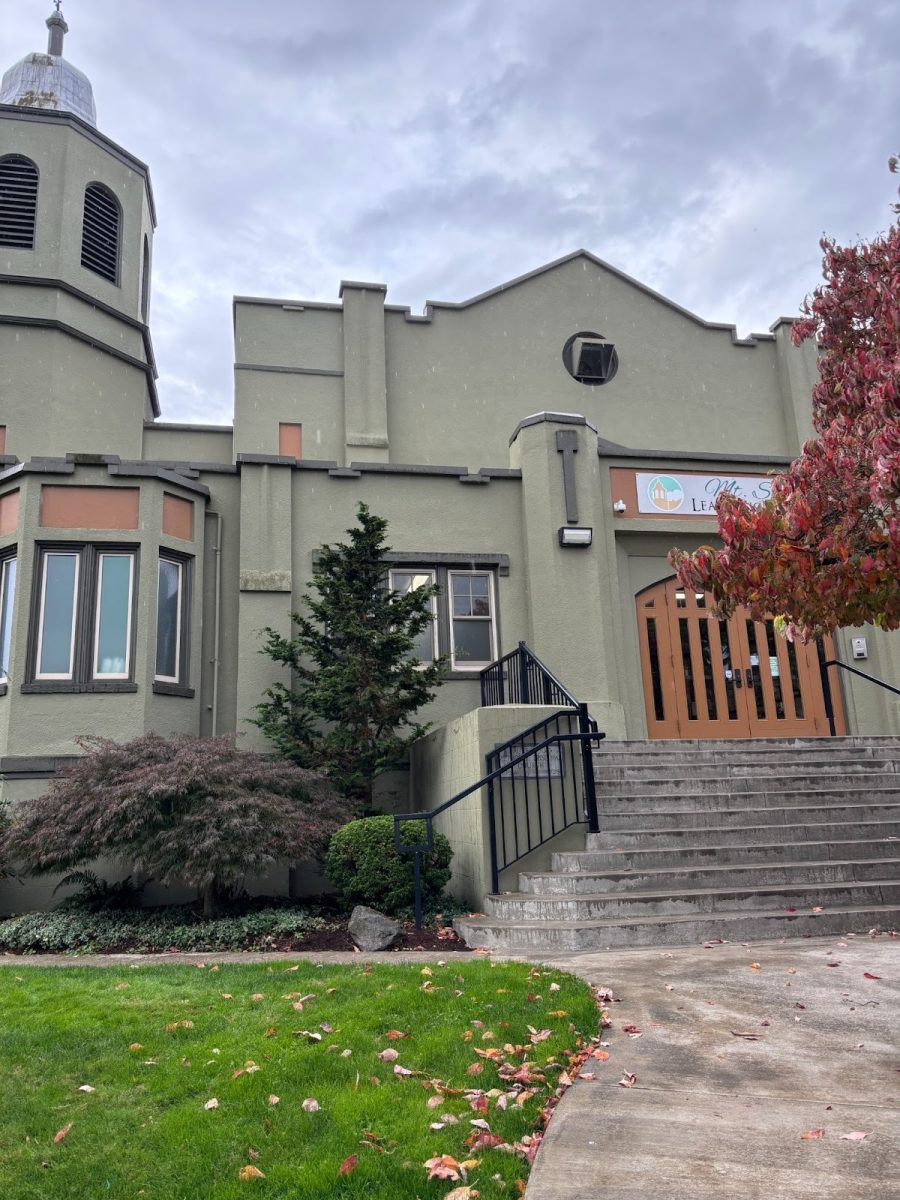The summer of 2022 reached historic high temperatures; the National Oceanic and Atmospheric Administration (NOAA) observed it as the second hottest meteorological summer for the Northern Hemisphere ever recorded.
The summer heat threatened the health of students and staff in the Portland Public Schools (PPS) District. A Portland community newspaper, The Southwest Connection, published an article in early September 2022 stating that PPS teachers reported their students suffering from heat-related illnesses, including vomiting and passing out, due to the high heat index. According to the article, the reported high temperatures also made classrooms a difficult environment to learn in.
Mark Zimtbaum, a social studies teacher at Franklin High School (FHS), felt that the heat affected his classroom atmosphere. “One of the first days [of the school year] we were sweating so much, I ended up taking the class to the cafeteria,” says Zimtbaum. “And [classes] don’t have the same setup in the cafeteria to do the assignments.”
Although FHS has air-conditioning in some parts of the building, others are feeling the effects of the heat. Zimtbaum notes that although the school went through the remodeling process, which included the addition of Heating, Ventilation and Air Conditioning (HVAC) systems, not all parts of the building have access to air conditioning. “In the old parts of the building, [the air conditioning] doesn’t work very well. In the new parts [of the building] it works very well,” Zimtbaum says.
The district recognizes the impacts of the heat as well. “We’re in a constant state of improvement,” says Frank Levitt, Director of Facilities Operations and Warehouse for PPS. Dan Jung, the Chief Operating Officer for PPS, explained that in 2020, PPS was issued a general obligation bond which dedicated money towards updating the HVAC systems in PPS buildings. “[Temperature complaints] are our number one issue, which is why the district carved out the $75 million to do improvements district wide,” says Jung. “A lot of those will be focused on complete renovations, replacements of the mechanical system, which are very expensive.”
According to Jung, the four schools currently scheduled to get full HVAC system replacement are Bridger Elementary School, Kelly Elementary School, Oliver P. Lent Elementary School, and Harrison Park School (K-8). “It’s worth noting that HVAC replacements are large complex projects that cannot be completed in one summer,” says Jung. He clarifies that, though the district is still assessing the total scope of the proposed work, he anticipates that one to two of the projects will begin progress next summer.


































